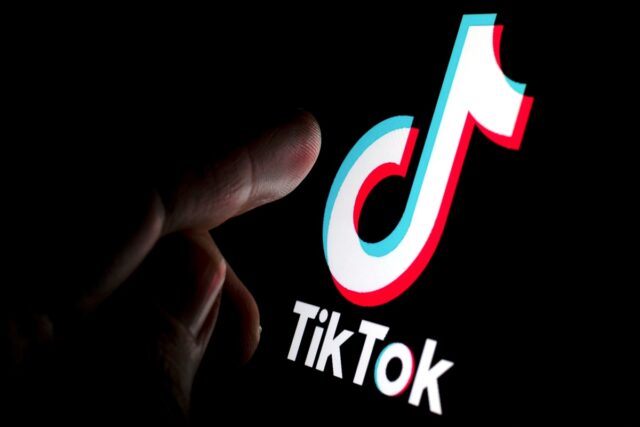September 15, 2025
Gartner: By 2028, Every Fortune 500 Will Still Rely on Human Customer Service

Despite predictions that artificial intelligence would replace entire customer service departments, a new Gartner study makes it clear: human agents aren’t going anywhere. By 2028, none of the Fortune 500 companies will have fully eliminated human customer service staff. The research underscores that while AI and automation are reshaping customer interactions, a completely agentless future remains both unrealistic and undesirable.
Gartner analysts emphasise that human involvement is essential for maintaining trust and solving complex problems.
“AI and automation are transforming how customer service organisations serve customers, but human agents are irreplaceable when it comes to handling nuanced situations and building lasting relationships,” said Kathy Ross, Senior Director Analyst in the Gartner Customer Service & Support practice.
The firm predicts that while the number of human agents will decline, no leading companies will be able to rely entirely on AI. Instead, the organisations that thrive will be those that balance advanced technologies with a “human touch,” redeploying their service teams toward relationship-building, growth, and customer loyalty.
That shift is already forcing companies to rethink earlier expectations. Gartner projects that by 2027, half of the organisations that once aimed to cut large portions of their service workforce thanks to AI will abandon those plans. The reason is simple: technology alone cannot meet every customer’s need. Many organisations will discover that eliminating people from the equation leaves critical gaps in service quality, especially when exceptions, escalations, or high-stakes issues arise.
“Service and support leaders should leverage AI for efficiency, but not at the expense of human talent,” Ross advised. “While AI excels at handling routine and well-defined problems, it often struggles with exceptions and high-risk scenarios. Leaders who strategically focus their workforce to support complex, high-value customer interactions will set their organisations apart and drive long-term growth and satisfaction.”
Rather than being replaced, human service teams are poised to evolve. The coming years will likely see a hybrid service model dominate—one in which AI handles routine questions at scale, while skilled agents step in for the moments that matter most.



